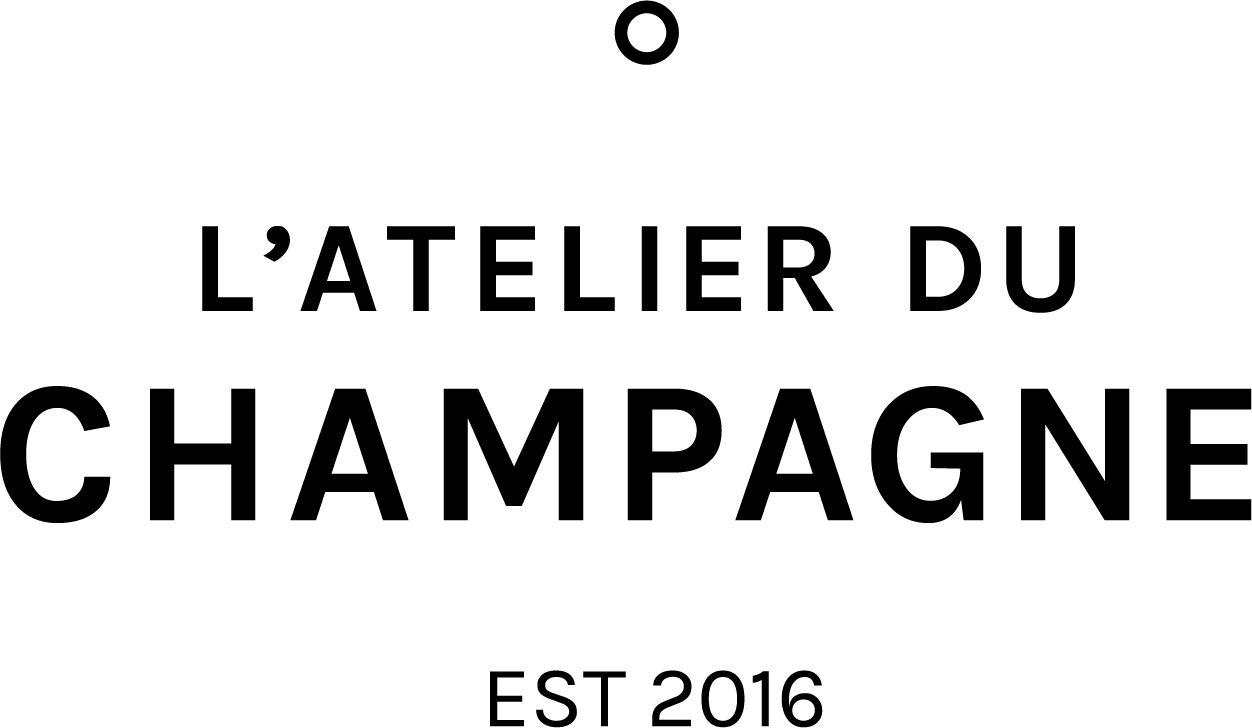Wines:
Bubbles & No Bubbles - Champagne is known for its sparkling wine. But we are starting to see more & more wines with no bubbles like Coteaux Champenois in the shades of red, white & pink, Rosé des Riceys from the southern tail of the region, sweet fortified wine of Ratafia & the distilled spirits of Marc/Fine de Champagne .
Grapes:
The Traditional 3 grapes of Champagne are Chardonnay , Pinot Noir & Meunier , but also permitted are Arbanne , Petit Meslier , Pinot Gris , Pinot Blanc & Voltis . Non-Vintage Champagne from big name brands we often see is generally made from a blend of 3 traditional grapes. Meanwhile, a handful of small, family-run, independent producers are experimenting with the non-traditional grapes, creating some exciting wines.
But why is this diversity happening?
There are combinations of many things like;
- Climate change
- Improvements in vineyards/cellars
- Better/open communication
- Product offering
- Farm to Table movement
- Educated consumers



Share:
Champagne & Food - ACIDITY
What is Champagne Day?